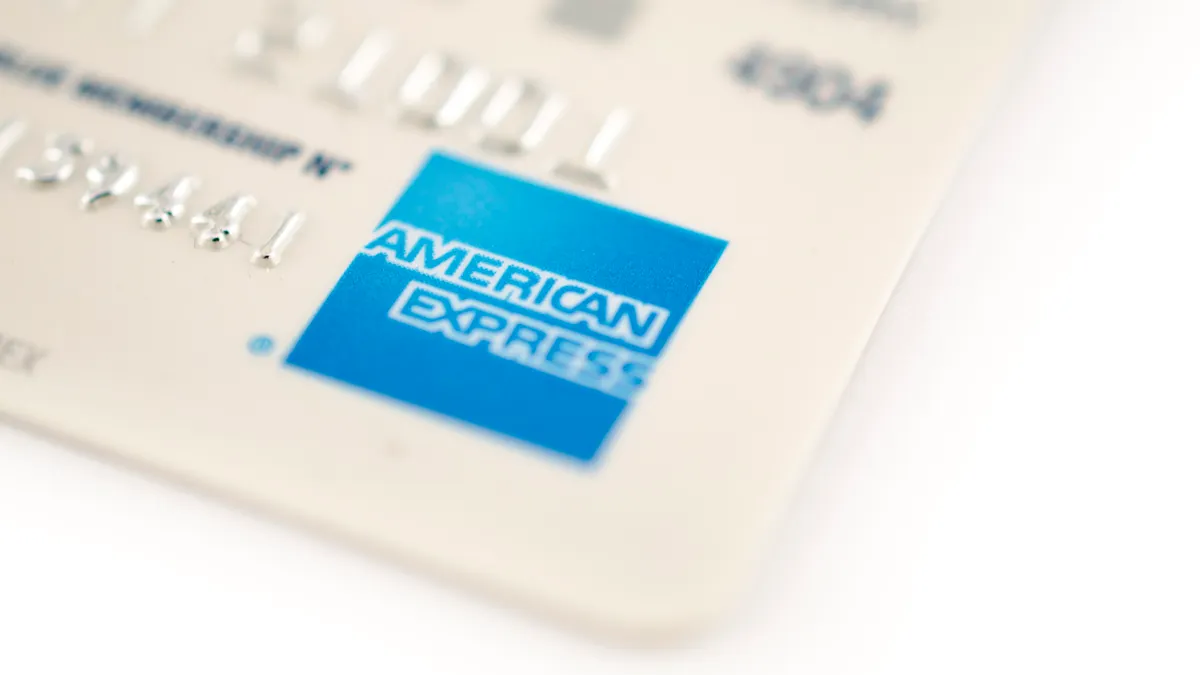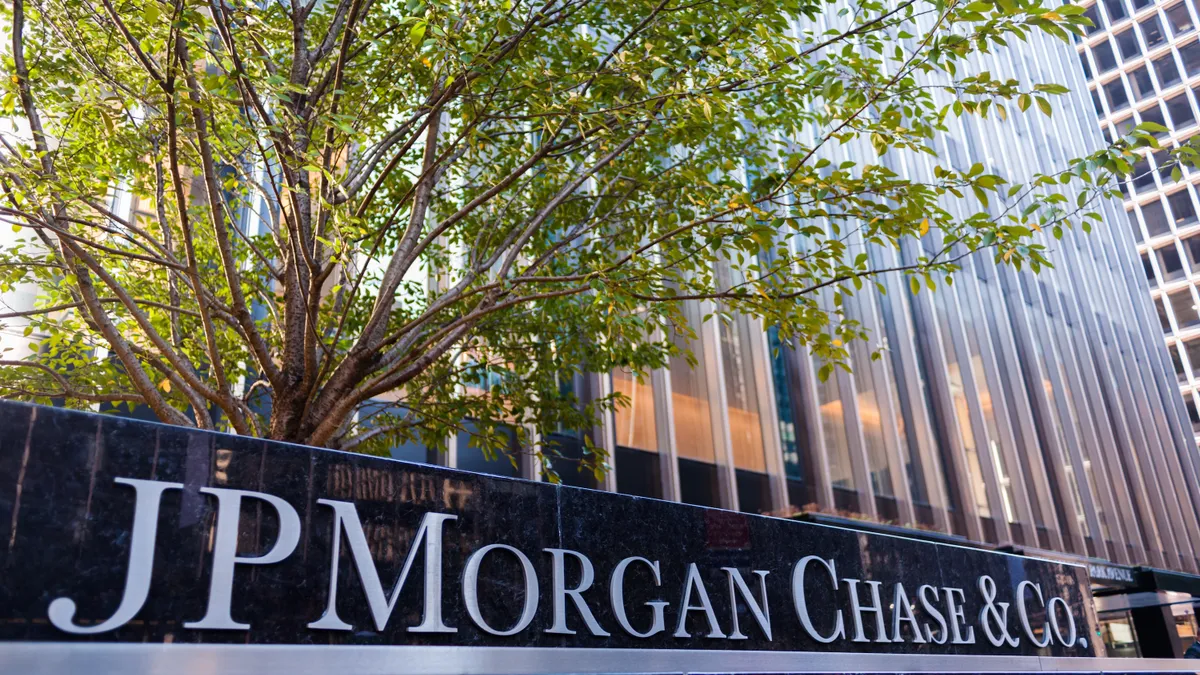The biggest cryptocurrency ATM companies, each with thousands of kiosks nationwide, just keep growing despite the volatility the assets have experienced over the past year.
CoinFlip, Coin Cloud and Bitcoin Depot have all made announcements in recent weeks that underscored their ability to keep attracting consumers who want to use, store, save or collect cryptocurrencies as people worldwide rethink traditional financial systems. Bitcoin, the biggest cryptocurrency, recouped 18% of its value over the past month, after losing about half of it between April and July, with a price today just over $47,000 per bitcoin, or 82 times its value five years ago.
The 21st Century digital payment innovation tracked by blockchain technology keeps luring buyers even though it’s little used for everyday consumer goods and still carries a cybercrime taint. Those negatives are countered by a new generation’s distrust of legacy financial institutions and a belief that the new non-governmental currency may help overcome worldwide inequities and difficulties in moving money over borders.
The deadly COVID-19 crisis mainly egged on the trends as employees and consumers faced new financial challenges and circumstances. Uncertainty created by the pandemic, coincident U.S. social justice protests tipped off last year, and economic fallout from government actions have all given Americans new reason to consider cryptocurrencies, says Ben Weiss, the CEO and a co-founder of the crypto ATM company CoinFlip.
“People were taking responsibility for their financial destiny,” as they sat at home and contemplated their alternatives, Weiss said in an interview earlier this month. “We’re all about options for customers.”
Chicago-based CoinFlip on Tuesday announced that it's investing $17 million to double the size of its office space in the city to 44,000 square feet, gaining at least enough room to add at least 30 jobs by the end of next year. It already has about 200 employees, and all its growth has happened without ever taking a dime from venture capitalists. Four co-founders have bootstrapped the company since its founding in 2015.
CoinFlip operates about 2,700 ATMs in 47 states, for buying and selling nine major cryptocurrencies. The private company had annual revenue of more than $50 million last year and will probably bring in close to $100 million this year, Weiss said. He said CoinFlip is profitable, but he declined to provide details.
The ATMs may be used by people who don't have access to other bank accounts or are seeking an alternative to them, whether that's for investing purposes or sending money to people in other countries, Weiss said. He considers it a "digital gold" hedge against inflation in the U.S. and other countries.
“There’s just some real concerns about inflation here (in the U.S.) and now you have another package of government spending that’s coming as well,” he said, referencing pending infrastructure legislation.
The average CoinFlip ATM transaction value rose last year after Americans received their stimulus checks, Weiss said. The ATMs generally handle transactions of about $250. This year, the overall number of transactions is climbing, with $750 million in transactions last year expected to grow to about $1 billion this year, he added.
Nonetheless, Weiss confesses crypto still isn’t a currency that makes sense for buying a daily cup of coffee at this point in time. The benefit of crypto is much bigger than that in his mind. It’s a way for people who live in countries with runaway inflation, authoritarian regimes or rampant human rights abuses to protect their assets and take them abroad if they’re forced to flee their countries, he said. “That’s what gets me up every morning,” Weiss said.
Still, some international financial organizations maintain that cryptos are often a conduit for crimes. “By now, it is clear that cryptocurrencies are speculative assets rather than money, and in many cases are used to facilitate money laundering, ransomware attacks and other financial crimes,” the Bank of International Settlements said in a report this year.
Advocates of cryptocurrencies might say that’s a predictable response from BIS, an organization that is owned by governments’ central banks and stands to lose from the challenge that digital currencies pose.
CoinFlip isn’t the only crypto ATM company gaining ground. Bitcoin Depot, owned by Atlanta-based Lux Vending an operating about 3,000 crypto ATMs, last month disclosed an international agreement with the North American convenience store chain Circle K that includes 700 kiosks in the U.S. and Canada.
"Circle K understands that cryptocurrency will be a growing part of the future economy and payments landscape,” Bitcoin Depot CEO Brandon Mintz said in the July 22 press release announcing the tie. “By adding Bitcoin ATMs to the Company's stores, Circle K can attract new customers to their stores, offer financial access to underserved communities, and set themselves apart from other retailers with this new technology.”
Bitcoin Depot ATMs give consumers access to some 30 cryptocurrencies, including Ethereum or Litecoin, with users able to sign up for an account and buy the digital assets in a two-minute transaction, the company says.
In a sign of the intense competition among the ATM companies, Las Vegas-based Coin Cloud now has its machines in more than 3,000 locations in the U.S. and Brazil.
CoinFlip doesn’t have any international locations so far. Asked whether the company would consider taking venture capital or making acquisitions to grow, he says it’s open to both, as long as its positive for the company, stakeholders and employees.
The ATM industry has been consolidating as some of the biggest companies like CoinFlip, Coin Cloud and Bitcoin Depot break away from the pack of smaller rivals. “We’re always looking at acquisitions,” Weiss said, and that will be the case "more and more" in the future. The company won't necessarily target ATM competitors though, he said, raising the possibility that the company will venture in new directions.
Editor's note: The story has been corrected to eliminate a reference to a Coin Cloud partnership that was part of a draft press release but not part of the final release. A spokesman for the company declined to provide further comment.





















